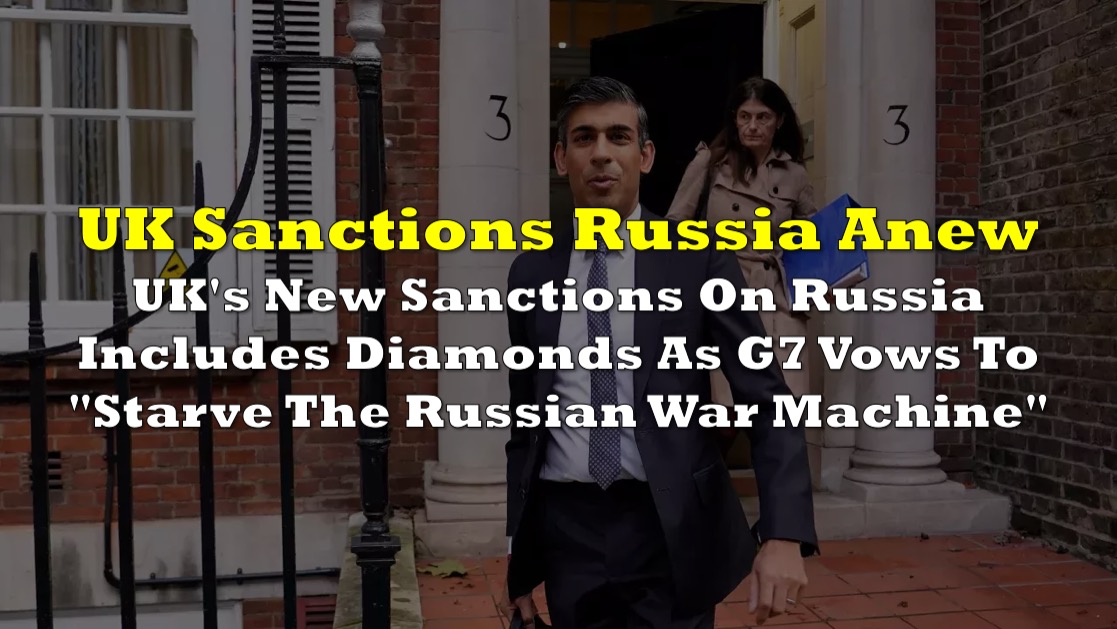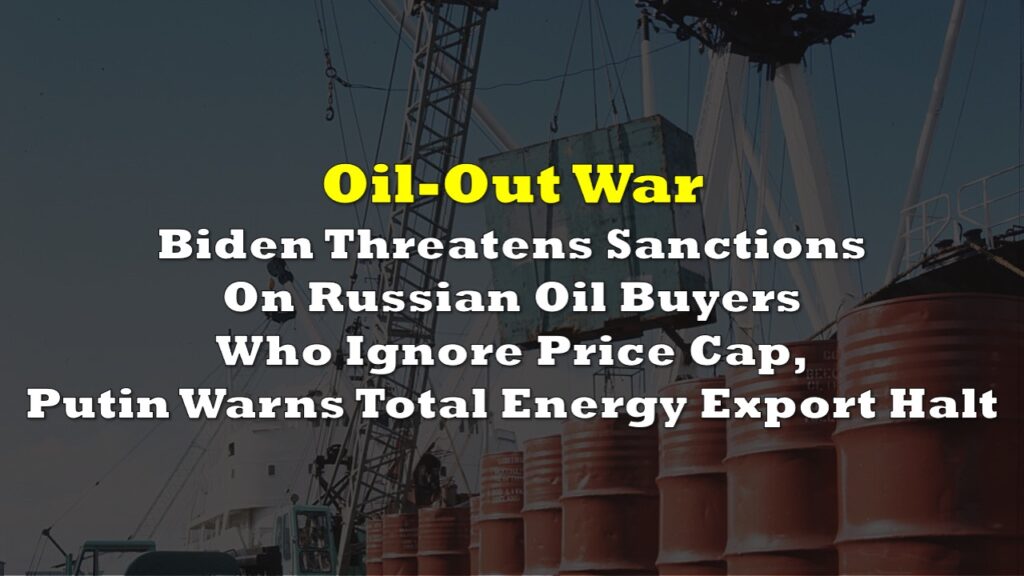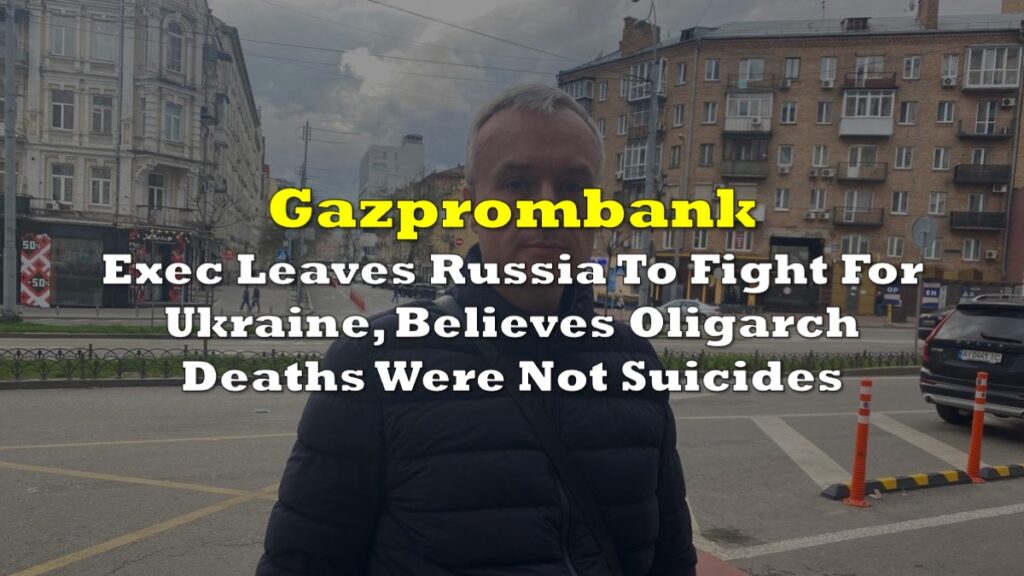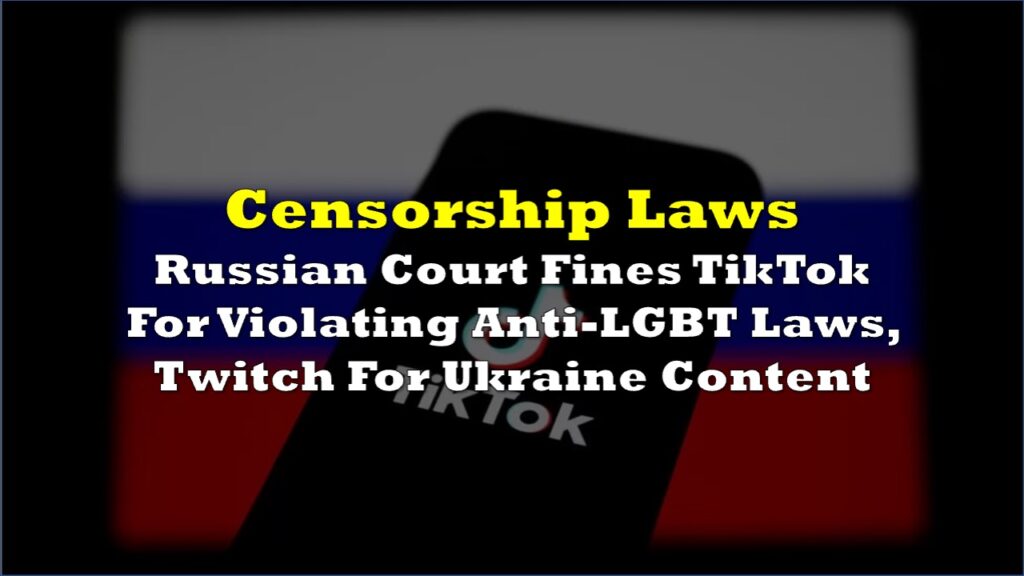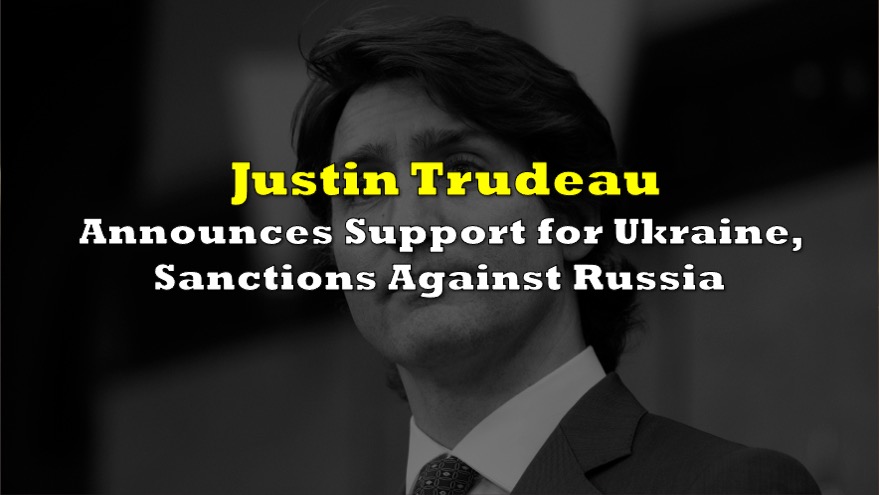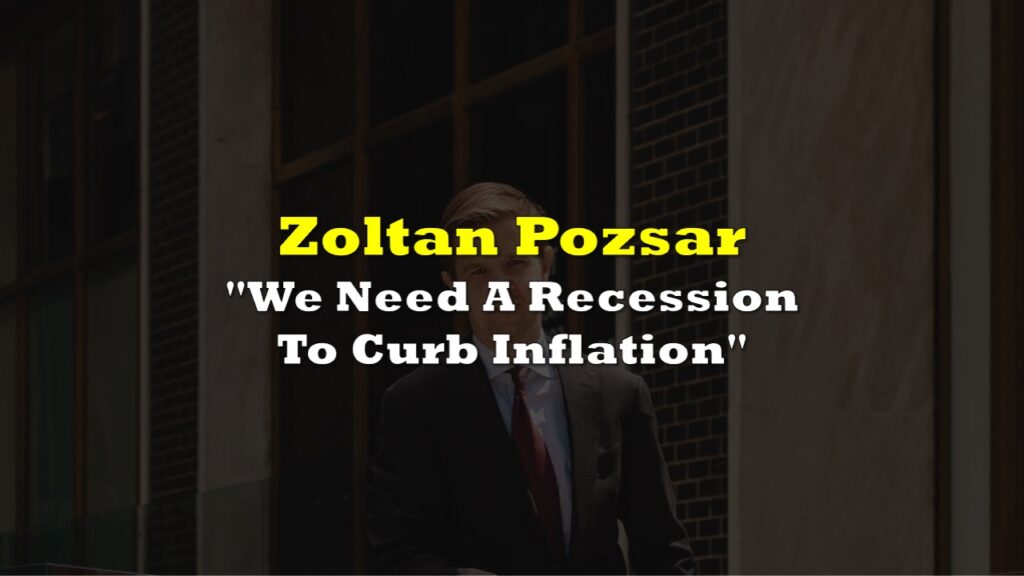Britain launched new sanctions on Russia on Friday, as G7 leaders gathered in Japan for a summit where Prime Minister Rishi Sunak is set to push for a redoubling of support for Ukraine in its fight against the Kremlin.
Sunak claimed that Britain will prohibit the purchase of Russian diamonds, a $4 billion export business for Moscow, as well as Russian copper, aluminum, and nickel.
Along with the prohibitions, Britain will blacklist 86 individuals and organizations, including those affiliated with Russian President Vladimir Putin’s military-industrial complex, as well as those active in the oil, metals, and shipping industries, all of which generate significant money for the country.
“For the sake of global peace and security, we must show that brutal violence and coercion does not reap rewards,” Sunak said in a statement.
This declaration comes after Sunak met with Ukrainian President Volodymyr Zelenskyy on Monday, during which he reaffirmed further military funding and emphasized the necessity of long-term international support for Ukraine, including its potential membership in NATO.
G7: “Starve the Russian war machine”
This comes as G7 leaders meet in Japan’s Hiroshima for a three-day summit, where the topic of Ukraine and its defense against Russia, as well as fostering peace in the Indo-Pacific and nuclear disarmament, were set to take center stage, among other pressing topics.
According to a statement, they have agreed to fresh sanctions to “starve the Russian war machine.” Zelenskyy, who’s currently in the Arab League summit in Saudi Arabia, is expected to attend the summit on Sunday.
The Ukrainian leader’s Arab visit is part of a diplomatic drive to rally support for Ukraine, particularly from countries friendly to Russia. Only Syria has publicly supported Russia’s incursion, and its president, Bashar al-Assad, is making his first appearance at the summit since being ignored when Syria’s war began 12 years ago.
However, the G7 leaders met on Friday to debate additional ways to penalize Russia for its 15-month invasion of Ukraine.
Putin’s nuclear threats against Ukraine, as well as North Korea’s months-long bombardment of missile tests and China’s rapidly developing nuclear arsenal, have resonated with Japan’s drive for nuclear disarmament to be a main focus of the summit–aptly in Hiroshima.
During his March visit to Kyiv, Japanese Prime Minister Fumio Kishida announced he invited Zelenskyy to the G7 Summit.
Russia is currently the most sanctioned country in the world, but the efficiency of the financial sanctions is being questioned. According to a source, the US component of the new sanctions would blacklist over 70 Russian and third-country businesses involved in the Russian defense industry, as well as penalize over 300 individuals, corporations, planes, and vessels.
This comes as the global leaders are already mulling over banning Russian uranium, reportedly a huge source of the country’s war chest as countries depend on its exports to power their nuclear reactors.
A bill prohibiting Russian uranium shipments into the US gained traction on Tuesday when it passed a committee in the US House of Representatives. The bill, sponsored by Republican Representative Cathy McMorris Rodgers, was approved 18-12 in the House energy, climate, and grid security subcommittee.
Following Russia’s invasion of Ukraine last year, the US restricted imports of its oil and put a price ceiling with other Western countries on sea-borne exports of its crude and oil products, but it has not prohibited imports of its uranium.
Germany, Poland, and a few other EU countries are also lobbying for restrictions on Russian nuclear energy, as the EU seeks for new methods to cut the Kremlin’s revenue in the aftermath of Moscow’s invasion of Ukraine.
Back in August, the United States and other countries were making a move to lobby Moscow’s gems as being “conflict diamonds” to the Kimberley Process, arguing that these exports are financing the country’s costly invasion of Ukraine.
Conflict diamonds are called as such–and sometimes “blood diamonds”–because they are deemed to be sold for the purpose of financing a conflict or a war. The international organization Kimberley Process, installed by a United Nations resolution, is made up of key diamond-producing states and is tasked to prevent the trade of such diamonds.
Russia, which enjoys a veto power on the Kimberley Process, has been using this card to defer any talks in the international organization about Moscow’s invasion. However, with the recent developments on weaponizing energy, commodities, and currency, the organization’s next scheduled meeting in November might have a different tone.
It might lead to Russia’s diamonds being cut from the world.
Information for this briefing was found via UPI, BBC, CTV News, and the sources mentioned. The author has no securities or affiliations related to this organization. Not a recommendation to buy or sell. Always do additional research and consult a professional before purchasing a security. The author holds no licenses.

